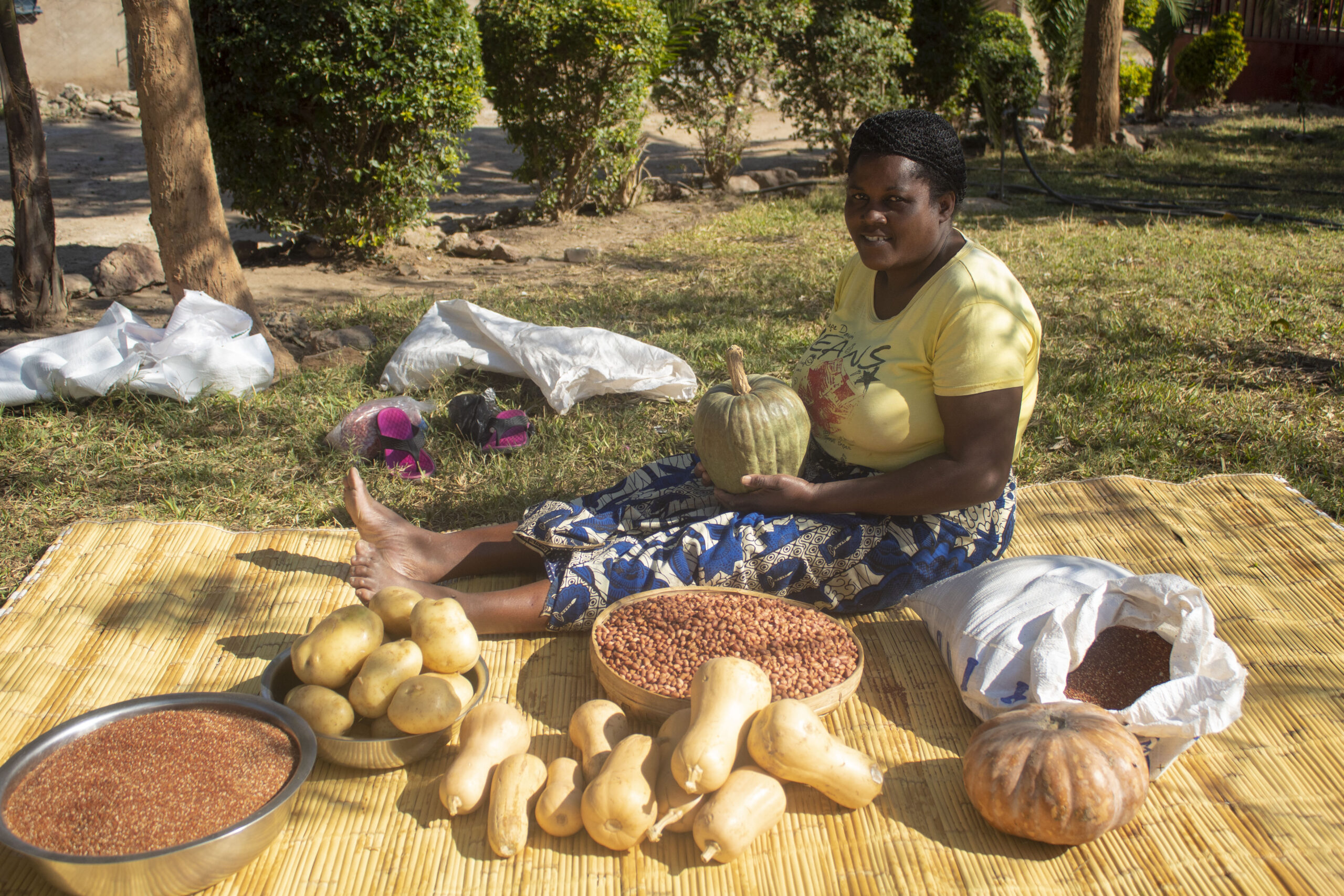While calls for crop diversification are frequently heard from government and CSOs, there has been little systematic examination or agreement to date on how to do it. Hivos and Sustainable Diets for All (SD4ALL) partners Civil Society for Poverty Reduction (CSPR), Indaba Agriculture Policy Research Institute (IAPRI), Consumer Unit Trust Society (CUTS) and Civil Society Scaling Up Nutrition (CSO-SUN) have undertaken a study which explored the options for agricultural diversification in Zambia from multiple perspectives, including those of farmers (both male and female), farmers’ organisations, policymakers, civil society, market actors and extension workers. The report was launched on 21 August 2019 at the Chamba Valley Exotic Hotel in Lusaka, Zambia.
Focus of the study
Through this study Hivos hopes to contribute to the development of an agricultural diversification strategy at the national level by providing concrete ideas and recommendations, secondly to highlight the priorities and concerns of smallholder farmers on this issue and to generate evidence that supports the lobbying and advocacy work of the partners around a diversification agenda. And lastly contribute to an improved food system that delivers food and nutrition security.
Looming Hunger Crisis
The 2018/2019 farming season received poor rainfall as a result of climate change, and a decline in maize production as most small scale farmers in Zambia rely greatly on rain for irrigation. According to the Disaster Management and Mitigation Unit (DMMU), the numbers of districts in need of food support are 68, more than half of the country’s 116 districts. This is a wakeup call for Zambia to think beyond maize, for food and nutrition security including income security.
Maize, the most important grain crop in Zambia, is more vulnerable to drought than some other indigenous staple crops such as millet and sorghum.
Partnerships and collaborations for improving the food system
The launch of the Beyond Maize study took place during the food change lab meeting which was held at the Chamba Valley Exotic Hotel in Lusaka Zambia on 21 August 2019. The Food Change Lab is a multi-stakeholder innovation process that aims to better understand problems in the Zambian food system, build coalitions of change, generate solutions, and test them on the ground. Organized by Hivos and IIED together with local Zambian partners, the Food Change Lab brings together stakeholders from civil society, government agencies, the private sector, farmers’ associations and international organizations.
At the launch, Hivos was evaluating the food change lab. “We want to find out how this process, has strengthened collaboration among consumers, farmers, entrepreneurs, civil society and government to foster long term engagement, collective leadership and joint initiatives for improvement of Zambia food system.”
By William Chilufya,
Regional Advocacy Manager – Sustainable Foods
Southern Africa




